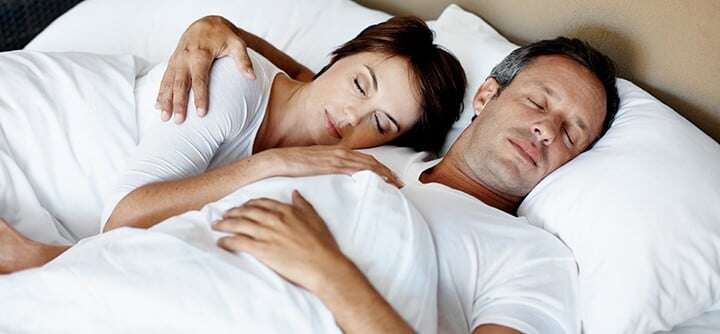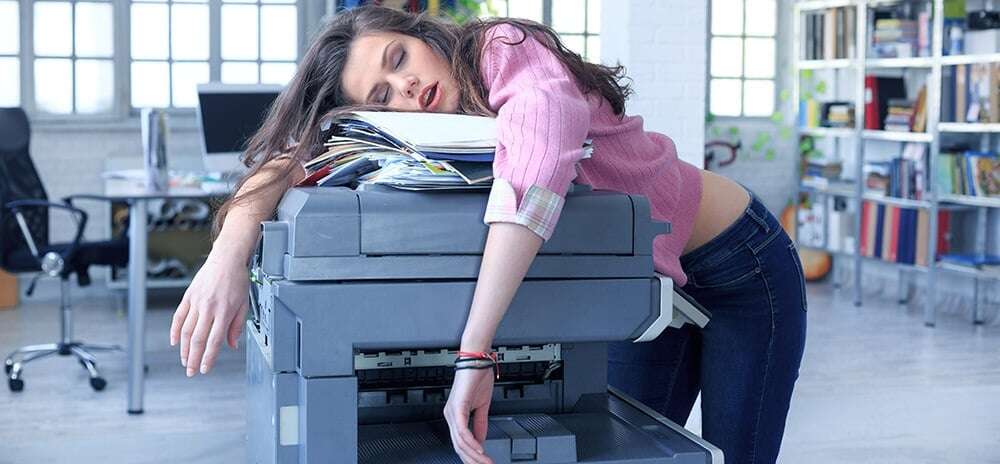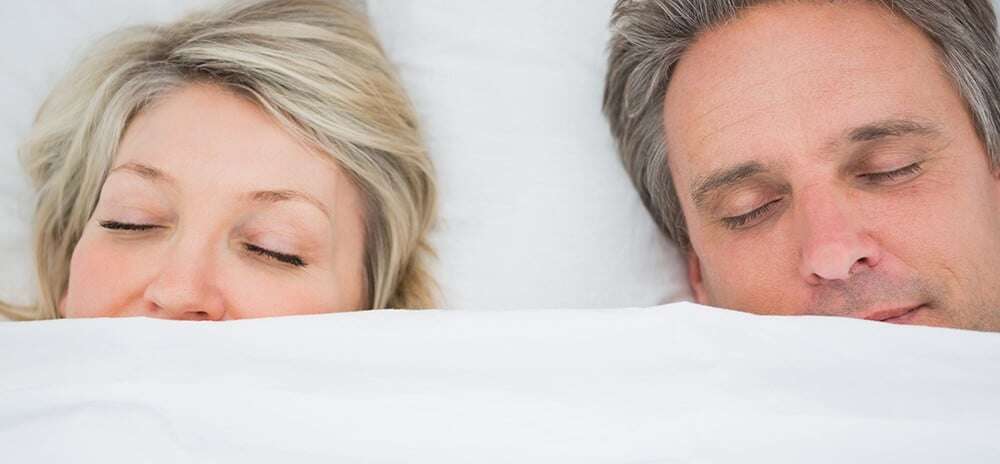Myth: Only men suffer from sleep apnea.
Sorry ladies – that’s not true!
When we think of heavy snoring or breathing problems linked to sleep disorders, most people would tend to picture a male. But the truth is that’s a stereotype and women are also prone to common sleep disorders such as Obstructive Sleep Apnea (OSA).
Obstructive Sleep Apnea occurs when the tissues in your airways relax, blocking them partially or altogether. The blockage causes person to momentarily stop breathing, which in turn causes them to suddenly wake up. Talk about a disruptive night’s sleep!
In New Zealand, it’s known that OSA can affect men or women at any age, even though Maori are more likely than non-Maori to report OSA symptoms.
In fact, if you have an inkling that you might have sleep apnea, you aren’t alone.
A study published by the New Zealand Medical Journal estimates obstructive sleep apnea affects about 95,000 adults in New Zealand, with almost 80 per cent of New Zealanders who have OSA not receiving treatment[1].
Are certain women more likely to have sleep apnea than others?
As if the hormonal and physical changes of menopause wasn’t enough, women who are in the postmenopausal phase of life are at an increased risk of sleep apnea[2].
Generally speaking, post-menopausal women are less satisfied with their sleep and as many as 61 per cent report insomnia symptoms[3].
Before reaching menopause, research shows around 30 per cent of women have some sort of problem sleeping three times per week. During menopause, this figure rises two or three times[4].
Experiencing hot flashes and increased sweating during menopause is indicative of the loss of estrogen and progesterone that occurs and can impact on sleep.
In fact, menopause is thought to be a standalone risk factor independent of other sleep apnea risk factors like diabetes, high blood pressure, heart disease and obesity. Postmenopausal women suffering from sleep apnea are thought to have more severe symptoms than younger women.
What symptoms might I have if I have sleep apnea?
While it’s important to seek professional advice, there are some telltale signs for women who have been through menopause who may have sleep apnea.
Some of these symptoms may include:
- Waking up in the morning with a headache
- Experiencing severe sleepiness
- Impaired concentration or memory
- Sexual dysfunction
One of the clearest indicators might also be your partner informing you that your breathing is irregular while sleeping or snoring. If that’s the case, you need to contact EdenSleep. Not all people who snore have sleep apnea, however it’s recommended that you take action if you have two or more of the above symptoms.
Subheading: Seeking a solution for a better night’s sleep
Start by the below list – ask yourself these questions and write down your answers.
Ask yourself:
- Do you feel sleepy during the day, regardless of how much sleep you had the night before?
- Do you fall asleep at randomly, including at places that you aren’t supposed to?
- Are you snappy or unmotivated?
- Have you been diagnosed with hypertension?
- Have you been diagnosed with depression or chronic fatigue syndrome?
- Are you postmenopausal?
- Have you found yourself having difficulty concentrating?
- What is your memory like?
- Is your appetite for sex declining?
- Do you sleep in a separate bedroom than your spouse?
Perhaps writing down your answers will help shed some more light on your situation. Were you surprised by any of your answers?
Keep your answers in a safe place and make sure you keep them for your records. You may like to take our free online sleep assessment too.
There a also specific adjustments which women can make to help improve their rest time and we explore them in our eBook ‘Three pillars of health (female)’. This material explores sleep, exercise and nutrition as the pillars of good health and vital to getting a good night’s sleep. You can download this free eBook directly online.
Remember, you’re taking the first steps in seeking a solution to your sleep – the sooner you get the problem sorted, the quicker you’ll be able to enjoy a deeper, more refreshing night’s rest.
.webp?width=1158&height=143&name=Combined%20logo%20-%20Ecom%20Main%20300x200%20(1).webp)



